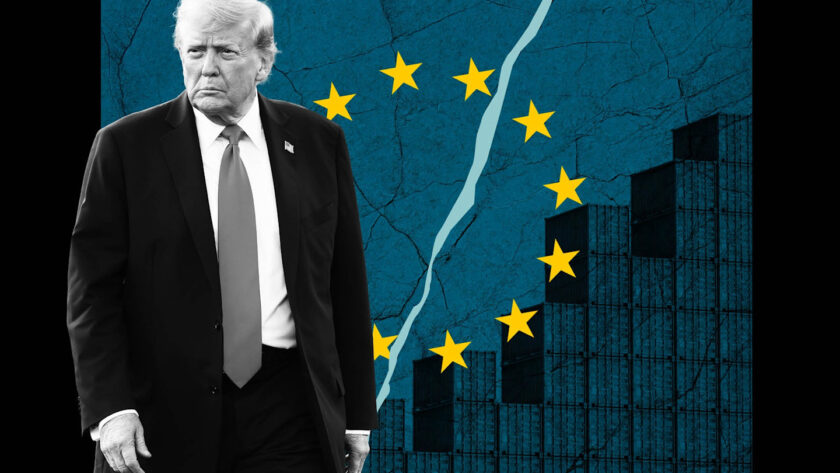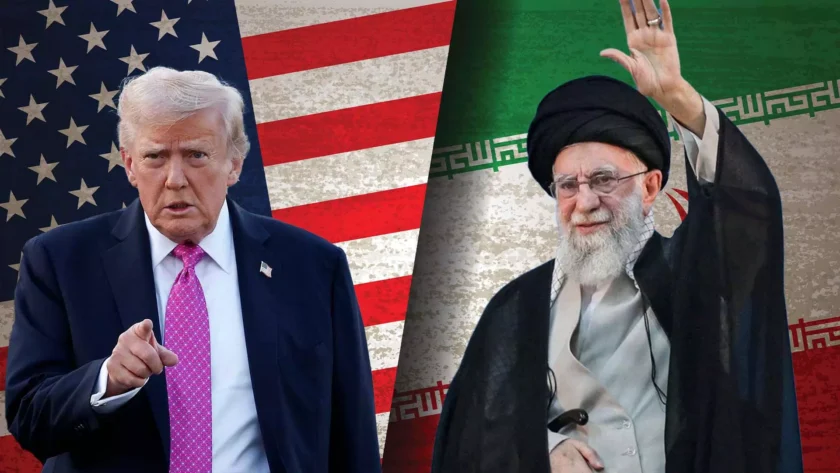New York: Indian-origin politician Zohran Mamdani has made history by winning the New York mayoral election, becoming the city’s first Indian-American Muslim mayor. Representing the Democrats, the 34-year-old defeated former Governor Andrew Cuomo, who ran as an independent, as well as Republican Curtis Sliwa. Mamdani, who moved to New York at the age of seven, is the son of noted Ugandan-born Marxist scholar Mahmood Mamdani and acclaimed Indian-American filmmaker Mira Nair, known for Monsoon Wedding and The Namesake.
His victory marks multiple milestones — he is the first South Asian, first Muslim, and first African-born person to serve as New York’s mayor. Taking office on January 1, Mamdani will also be one of the youngest mayors in the city’s history.

A campaign that broke barriers
Mamdani’s grassroots campaign focused on affordable housing, free public transport, and universal childcare, funded by higher taxes on billionaires. His slogan of “A fair New York for all” resonated deeply in a city grappling with rising inflation and housing costs. According to the city’s election board, voter turnout was the highest in five decades — over 2 million New Yorkers cast their ballots.
His win comes despite strong opposition from former President Donald Trump, who openly campaigned against him. Mamdani’s triumph has reinvigorated the Democrats and is seen as a pushback against Trump’s right-wing MAGA movement.
A socialist in a capitalist capital
Calling himself a Democratic Socialist, Mamdani has sparked both excitement and concern. Supporters view his victory as a progressive shift necessary to combat inequality and rising living costs. Critics, however, warn that his tax-and-regulate approach could drive businesses out of New York, affecting the city’s economic vitality.
Economists caution that policies like rent freezes and government-run grocery stores could backfire. Rent control, they argue, discourages new housing projects, while heavy taxation might prompt companies to relocate to states like New Jersey or Florida.

Economic backdrop
The Fiscal Policy Institute (FPI) notes that New York’s economy has yet to fully recover from the pandemic. With a GDP of $1.2 trillion in 2022, the city’s housing and living costs remain among the highest globally. The average household income is $72,000, while the average home price exceeds $724,000. Mamdani’s proposal to raise the minimum wage to $30 an hour by 2030 has ignited debates about its long-term feasibility.
Political ripples in India
Mamdani’s election has unexpectedly stirred controversy in India. Mumbai BJP chief Amit Satam made a communal remark on social media referencing Mamdani’s win, stating, “We will not let any Khan become Mumbai’s mayor.” His statement, made in Marathi, triggered criticism and political tension ahead of Mumbai’s local body elections scheduled for December.
Satam’s comments have been viewed as a response to shifting urban politics in both the US and India — where identity, religion, and representation continue to define electoral narratives.
A larger symbolism for India
Mamdani’s rise holds symbolic importance for India’s global diaspora. It demonstrates how Indian-origin leaders are reshaping global politics — from Rishi Sunak in the UK to Kamala Harris in the US. For India, such milestones amplify soft power and global visibility, though they also invite introspection about representation, inclusion, and the political climate back home.
In the end, Zohran Mamdani’s victory is more than just a personal triumph — it signals a growing influence of the Indian diaspora in shaping Western democracies. While New York awaits his governance, the world — including India — watches closely how this young socialist leader redefines power, politics, and the promise of equality.









